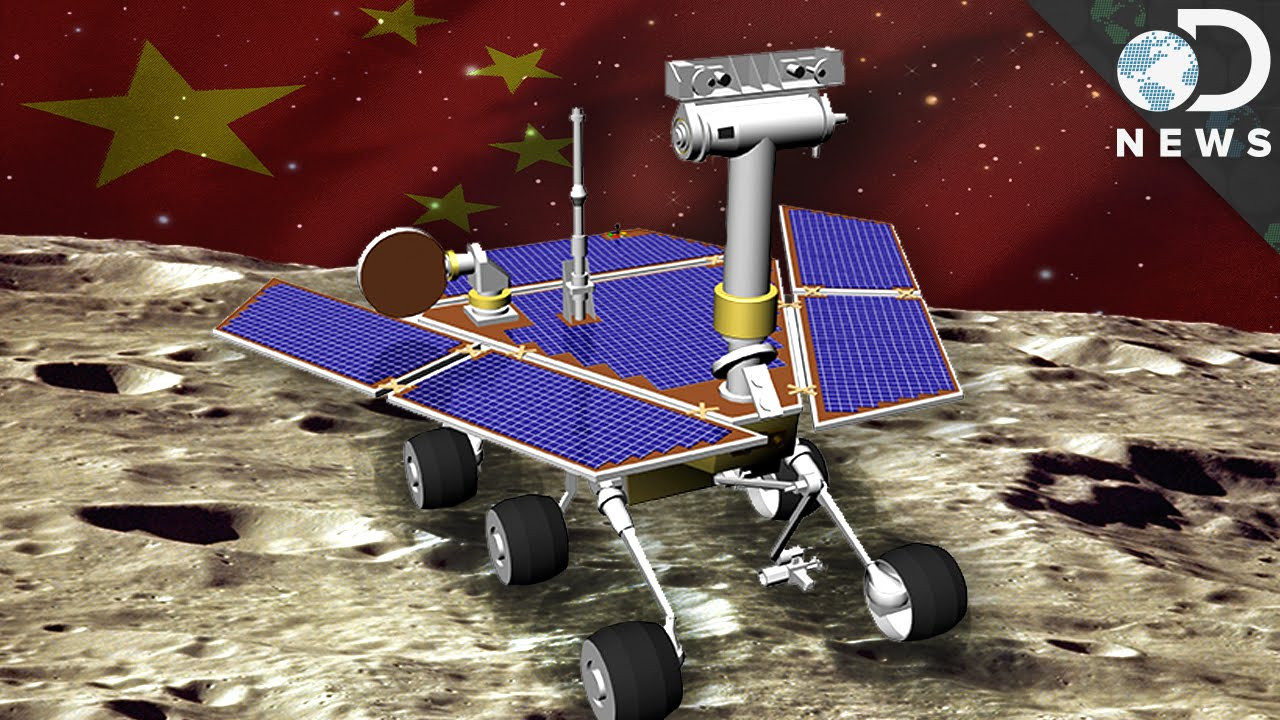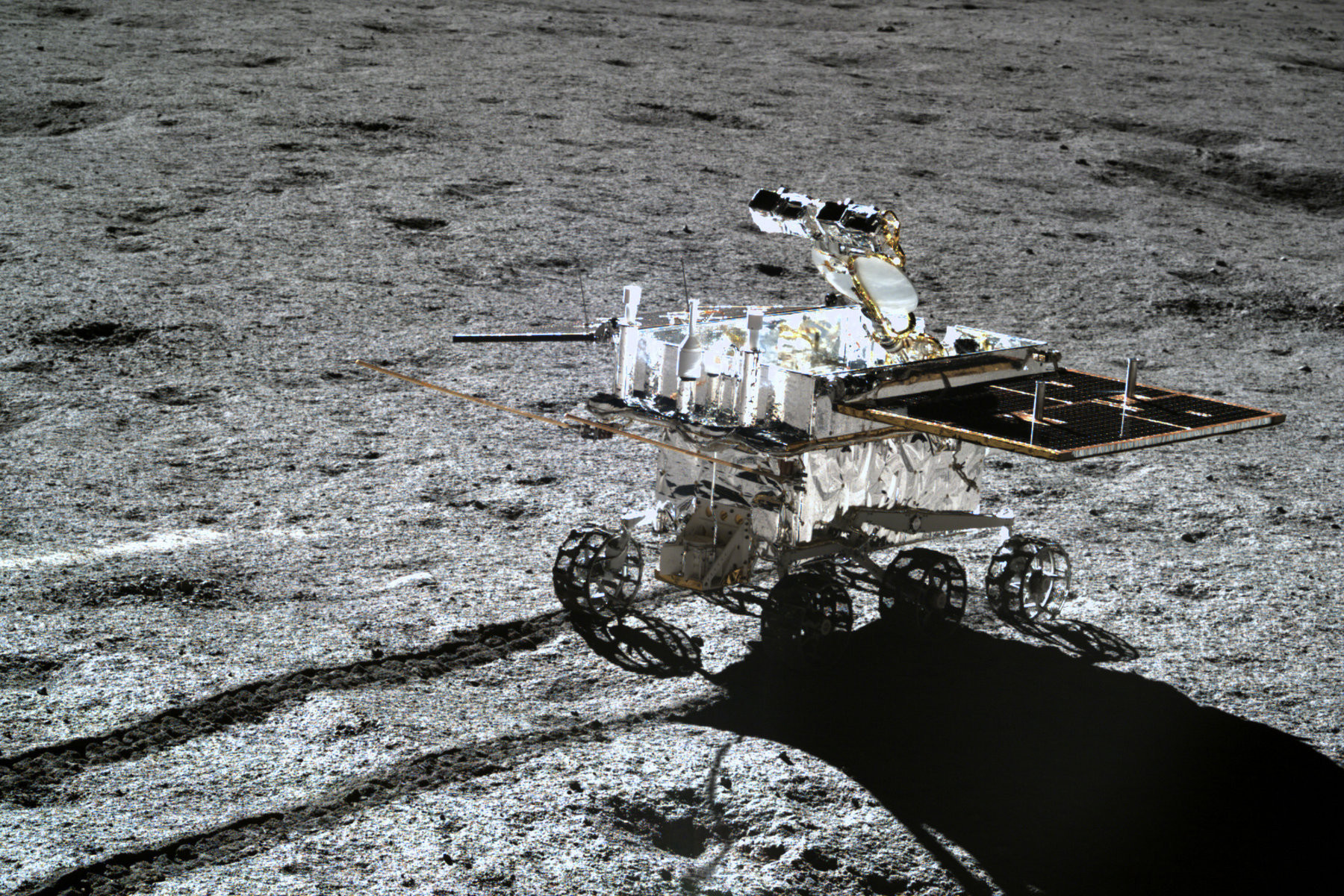Pakistan’s national space agency announced this week its rover will join China’s Chang’E 8 mission to explore the moon’s surface in 2028, describing the development as a “significant milestone” for the South Asian country.
The Chang’E 8 mission is a robotic exploration of the lunar south pole by China, expected to launch in 2028. The Pakistan Space and Upper Atmosphere Research Commission (SUPARCO), the country’s space program, said its rover will land on the lunar south pole in 2028 as part of the Chang’ E 8 mission. The south pole of the moon is known for its challenging terrain and potential scientific discoveries.
In May, Pakistan launched its first lunar satellite aboard China’s Chang’e-6 probe, which was tasked with landing on the far side of the moon that perpetually faces away from the Earth. China was the first country to make such an ambitious attempt.
“SUPARCO’s rover, with an approximate weight of 35 kilograms, will join China’s Chang’E 8 mission, which is part of the larger International Lunar Research Station (ILRS) project,” SUPARCO said in a statement on Wednesday.
“This collaboration marks a significant milestone for Pakistan’s space program, as SUPARCO’s indigenous rover will be part of the mission to explore the lunar surface.”
SUPARCO said the mission would involve scientific experiments such as lunar soil study, lunar surface mapping and testing new technologies for human presence on the moon. It highlighted that the rover, equipped with state-of-the-art scientific instruments, would play a pivotal role in collecting data.
“This collaboration with China highlights the strong bilateral relations between the two countries and their shared vision for space exploration,” it concluded.
Pakistan's Space Program: A New Era of Exploration
Pakistan's participation in the Chang'E 8 mission marks a significant milestone for its burgeoning space program. While the country has been involved in various space-related endeavors in recent years, the rover mission signifies a clear ambition to play a more prominent role in lunar exploration. This collaboration with China also underscores the growing importance of international cooperation in space exploration.
The Future of Lunar Exploration
The moon’s south pole holds immense scientific interest due to its potential for harboring water ice, a crucial resource for future lunar exploration. The Chang'E 8 mission, with its focus on scientific research and technology development, is expected to contribute significantly to our understanding of the lunar environment and advance the prospects for human presence on the moon. With Pakistan’s rover joining the mission, the exploration of the lunar south pole will be a truly international endeavor, paving the way for future collaborations and discoveries.
A Giant Leap for Pakistan
This landmark collaboration with China signals a new chapter in Pakistan’s space program. This mission not only underscores the country’s growing technological prowess but also its commitment to advancing scientific knowledge and exploring the universe. As Pakistan’s rover prepares to embark on its journey to the moon, it carries with it the aspirations of a nation eager to contribute to the global quest for knowledge and discovery. This is a truly historic moment for Pakistan, a nation taking its rightful place among the pioneers of space exploration.


















